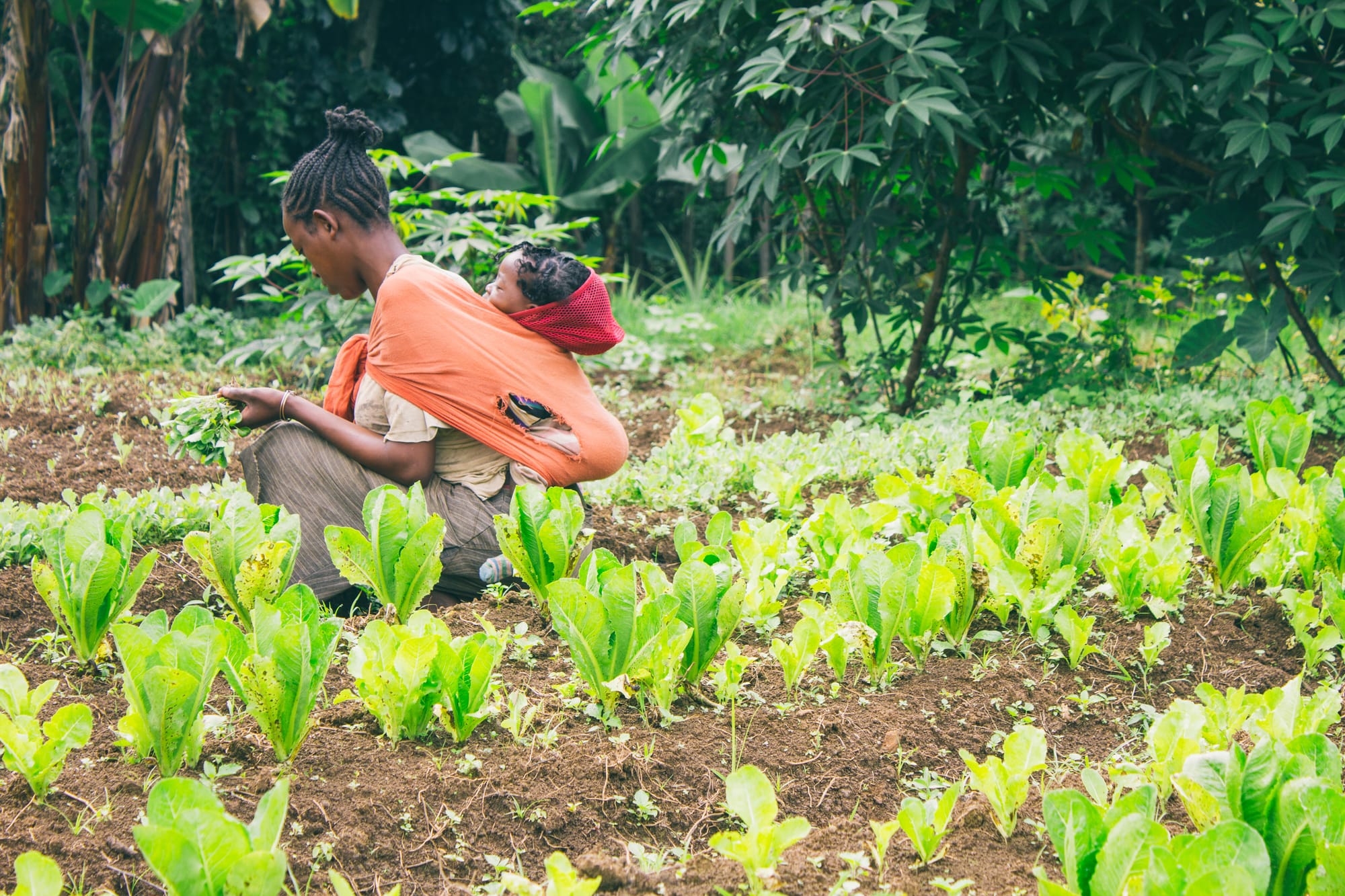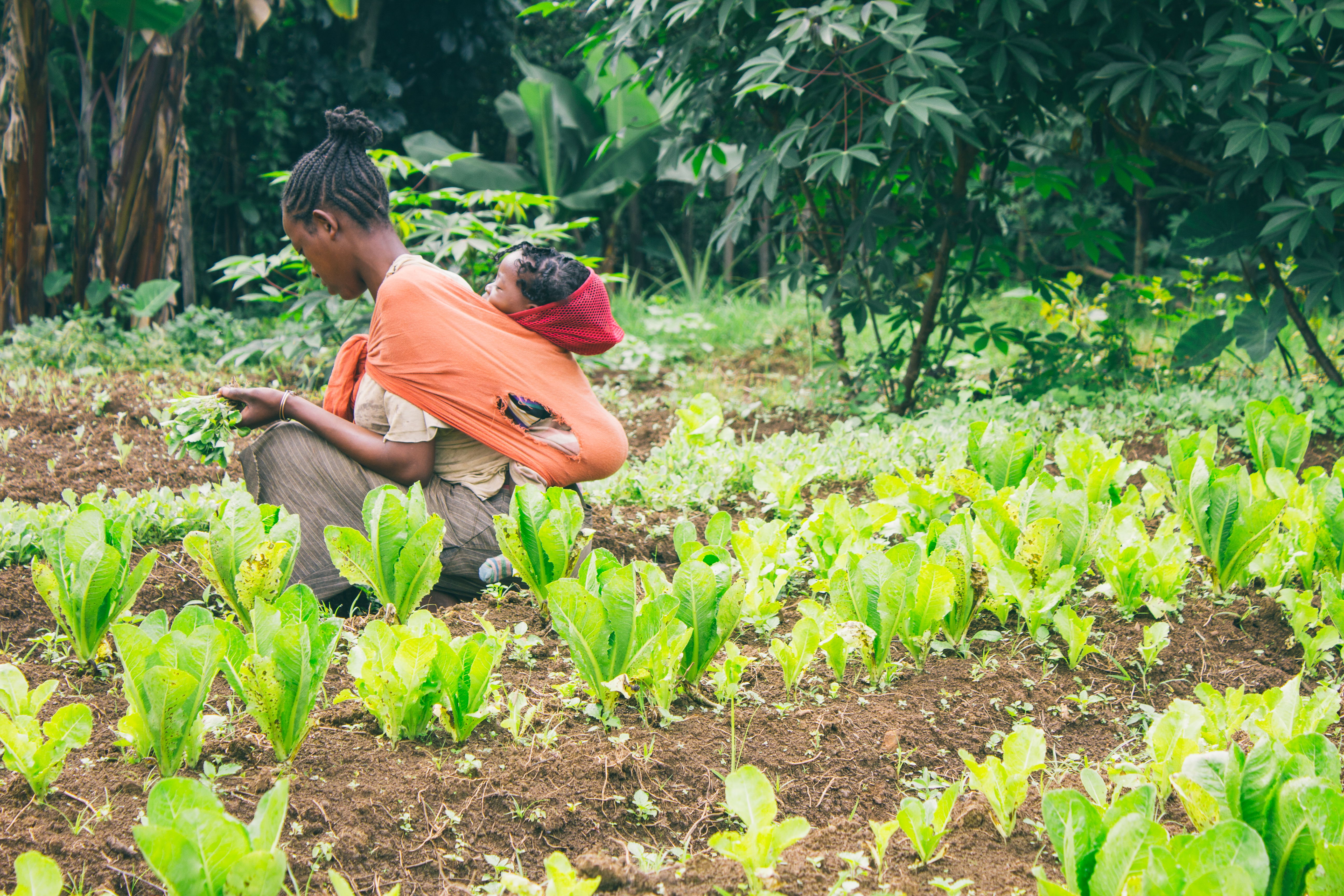India-Africa partnership for agricultural development and food security

Amid rising challenges such as food insecurity and climate change, the India-Africa partnership in agriculture and food security has become increasingly vital. But what is India’s “3A” framework, and how does it provide scalable, cost-effective solutions tailored to African realities?
Amid rising challenges such as food insecurity, climate change, and the urgent need for agricultural transformation, the India-Africa partnership in agriculture and food security has become increasingly vital. The two countries have a long history of collaboration in this sector. Although agriculture is a backbone for industrialisation and poverty alleviation in Africa, it remains highly vulnerable to climate risks, weak infrastructure and limited access to finance and technology
Compounding this, farmers often lack access to modern infrastructure, reliable market data, financial services, and agricultural extension support. The consequences of climate change extend beyond farmers to the entire agricultural value chain, including processors, distributors, and consumers. Addressing these challenges requires an integrated, value chain–based approach that supports climate adaptation and mitigation to ensure competitiveness and sustainability.
Africa faces a paradox. While agriculture employs nearly 65 per cent of the workforce, its contribution to the continent’s GDP remains low, about 15 per cent. Additionally, Africa heavily depends on food imports. Since 2000, food imports in Sub-Saharan Africa have surged relative to domestic production. Until last year, the continent imported around $50 billion worth of food each year, and with conflicts across the world, this figure is poised to reach $90-$110 billion by the end of this year.
